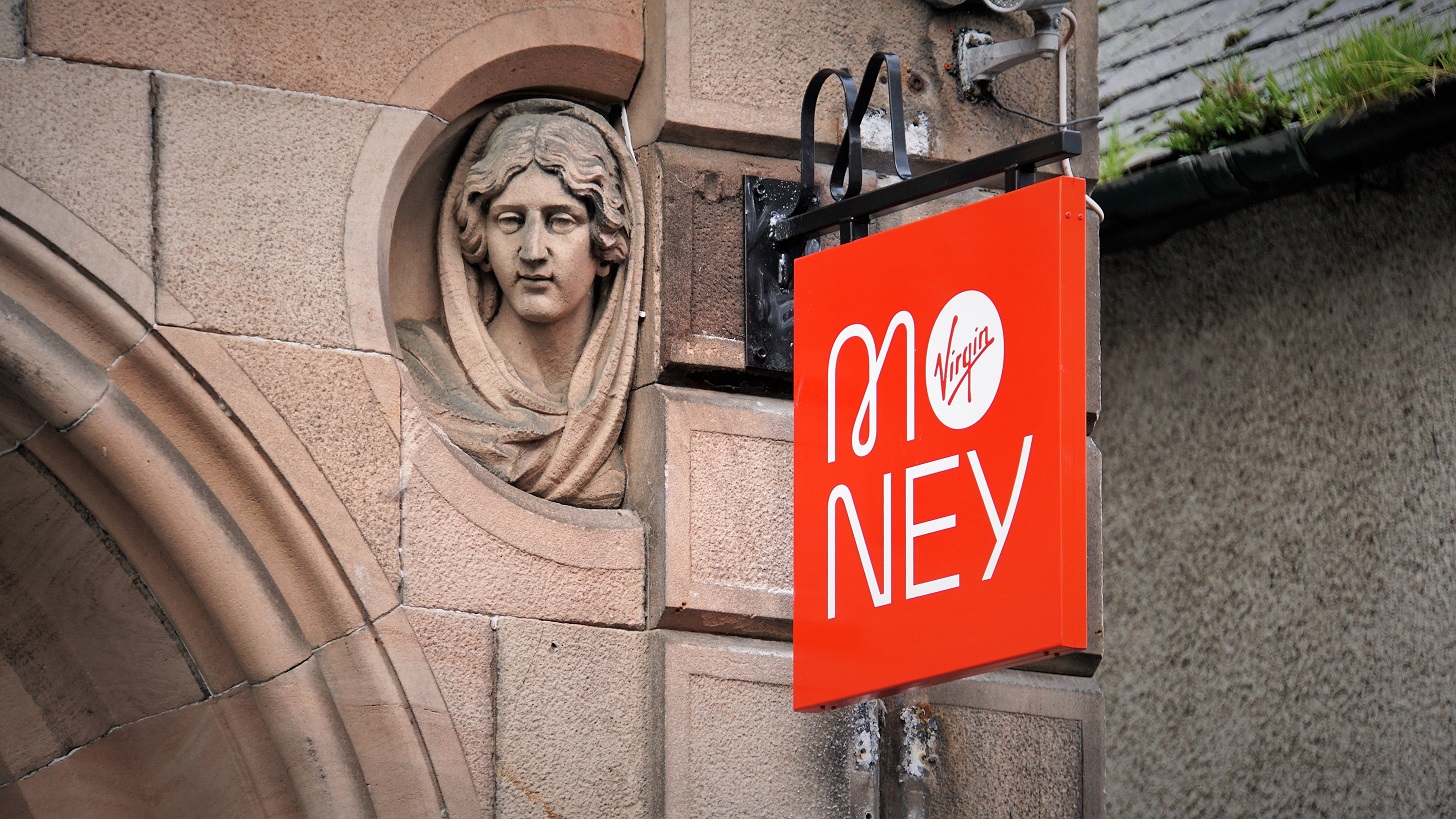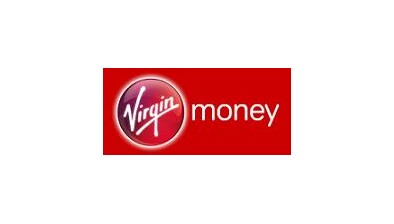New Virgin Money app to help businesses improve their sustainability
 Virgin Money, owner of Glasgow-based Clydesdale Bank, has launched a free new app designed to help businesses be more sustainable by measuring, tracking and offering guidance on improving their Environmental, Social and Governance (ESG) credentials.
Virgin Money, owner of Glasgow-based Clydesdale Bank, has launched a free new app designed to help businesses be more sustainable by measuring, tracking and offering guidance on improving their Environmental, Social and Governance (ESG) credentials.
Through its partnership with Future-Fit Foundation, a non-profit organisation whose mission is to help the transition to a society that is environmentally, socially and economically fair, the Sustainable Business Coach will help UK businesses manage their sustainability goals. Virgin Money is also offering Sustainability-Linked Loans to businesses that meet the eligibility criteria generated by the outputs from the tool.
The tool identifies the high-priority goals a business should consider and provides an objective assessment of the positive and negative ESG impacts of its activities.
As well as giving a score and actionable guidance, it has been designed to be updated periodically, encouraging businesses to track their progress over time. With growing requirements for companies to report on their environmental and social impact, this tool, which can be downloaded from the Apple App Store and Google Play Store, is an easy first step to help any business of any size to get started, and track and demonstrate their progress.
Once completed, if eligible, businesses can apply for a Sustainability-Linked Loan, which reduces the cost of finance for companies whose core activities enable consumers and other businesses to operate in a more economically and environmentally sustainable way. Virgin Money is the first bank in Europe to offer such loans in commercial banking using an objective science-based methodology. For customers borrowing at least £250,000, with a sufficiently strong ESG assessment, the lending has no arrangement fee.
Smart Metering Systems is one of the first UK businesses to have a Sustainability-Linked Loan agreed. Installing, owning, operating and maintaining metering assets on behalf of the UK’s energy companies, the finance is part of a revolving credit facility across a six-bank club. This will allow Smart Metering Systems to fully fund the installation of another 2.75million meters and invest in new carbon reduction assets, including grid-scale battery storage technology.
Graeme Sands, interim head of business banking, at Virgin Money, said: “We are committed to working with businesses to help them grow and thrive, and one area where many need support is on their ESG strategy. Businesses recognise the importance of sustainability to their long-term success but many, especially smaller firms, can face challenges getting started, setting targets and making positive progress.
“We designed the Sustainable Business Coach to help businesses with this process, giving them the information and guidance they need to operate more sustainably. It can be completed periodically, so becomes an effective benchmark to track progress over time. We have made the app available to any UK business, not just our customers, as work in the ESG space should be about collaboration and sharing best practice – we must all play our part in becoming more sustainable.”
Martin Rich, co-founder & executive director, Future-Fit Foundation, added: “Every business must play its part to create a future in which people and planet can thrive. We are pleased to be partnering with a bank which is using its balance sheet to encourage its customers to start on that journey, and providing practical, tailored guidance in the form of the Virgin Money Sustainable Business Coach.”
To help create this app, Virgin Money engaged fintech data expert company, Life Moments, a provider of platforms and tools to improve customer experience and generate data insight. Virgin Money and Life Moments have worked together since early 2020, initially developing and launching the bank’s Home Buying Coach app, which is designed to simplify the home purchase process and help first time buyers on to the property ladder.
This support tool comes at a pivotal time as businesses assess their ESG efforts to support net zero goals. Results from a recent United Nations Intergovernmental Panel on Climate Change (IPCC) report highlighted that global emissions need to be halved and targets met in the next decade to stop temperatures rising above critical levels.





